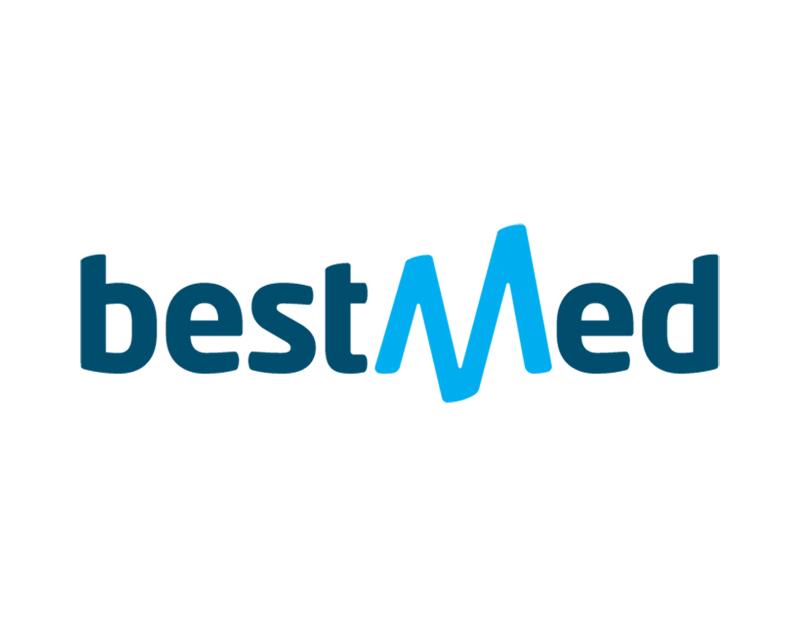Does your medical aid plan cover medically supervised detoxification and inpatient alcohol treatment, and what waiting periods or caps apply?
Alcohol Treatment Coverage Under Medical Aid Plans

Bestmed Medical Aid provides coverage for alcohol abuse treatment for up to 21 days, including a 3-day medically supervised detoxication until benefits are capped.
The company recognises the seriousness of alcohol abuse and provides extensive coverage and a range of plans to meet its members’ diverse needs and budgets. Each plan has its terms, conditions, limitations, and exclusions; members must review their plans to understand their coverage.
At Changes Addiction Rehab, we have partnered with Bestmed to provide its members with exceptional treatment for their alcohol dependency, ensuring long-term recovery.
Key Takeaways
- Bestmed covers alcohol rehab for up to 21 days with pre-approval
- Coverage varies depending on the plan
- Members must use approved facilities to receive full coverage
Eligibility For Alcohol Treatment Coverage
Members must meet specific criteria to receive coverage; coverage is available on all plans, but the extent will vary depending on the terms and conditions.
A pre-authorisation process must be adhered to before entering any alcohol treatment facility. Additionally, members must use Designated Service Providers (DSPs) contracted with Bestmed; this ensures that members will receive exceptional care and costs fall within the scheme’s limits.

Extent Of Coverage For Alcohol Abuse Treatment
Bestmed Medical Aid offers plans ranging from basic to comprehensive. The scheme covers inpatient rehabilitation programmes, outpatient services, detoxification and counselling sessions.
Limitations And Exclusions
All plans offered by Bestmed Medical Aid are subject to limitations and exclusions. Out-of-network facilities may not be covered or may result in a larger co-payment; it is recommended that the member choose one of Bestmeds approved facilities.
Additionally, Luxury rehabilitation facilities and alternative forms of treatment are not covered under the scheme’s policy.
Repeat treatments within a short period may face certain limitations. Bestmed Medical Aid covers up to 21 days of alcohol abuse treatment, including a 3-day medically supervised detox per year, running from January to January.
Alcohol Abuse Treatment Programs Covered
The plans cover inpatient treatment facilities, certain outpatient services and counselling sessions. Each type of programme caters to different needs and severity levels of alcohol abuse.
Inpatient Rehab Treatment
Changes Addiction Rehab provides a highly structured environment with 24-hour care. Patients reside in our facility for a set period. This intensive approach is set in place to ensure individuals receive the best treatment and are free from distractions.
Bestmed Medical Aid extends cover to licensed facilities that offer services such as:
- Medically Supervised Detoxes
- Group Therapy Sessions
- Individual Counselling
It is important to note that coverage is subject to pre-authorisation, and members may be liable for a co-payment upon admission.

Outpatient Treatment Program
The outpatient rehab program serves as a transitionary phase of treatment after completing the inpatient rehab program. An outpatient program is a suitable option for members who need to attend to daily duties and responsibilities while still receiving an adequate level of treatment.
Bestmed Medical Aid may cover these treatments offered at the outpatient program:
- Individual Counselling
- Group Therapy
Counselling And Therapy Coverage
Counselling and therapy play a pivotal role in residential rehab treatment facilities. Bestmed Medical Aid provides benefits for these services. However, members must review their plans to understand the full extent of their coverage.
At Changes Addiction Rehab, our multidisciplinary team provides our clients with a holistic approach to treating alcohol use disorder.
Some of the therapeutic modalities used at our facility include:
- Cognitive Behavioural Therapy
- Motivational Enhancement Therapy
- Family Therapy Sessions
- Group Therapy
The number of sessions covered will vary depending on the plan chosen.
Claims Process For Alcohol Treatment
Claiming back for alcohol rehab treatment is quick and easy. Once you’ve received your treatment, simply gather your receipts and any other relevant documentation and submit a claim through their online portal. If you have any questions or need assistance, our team at Changes Addiction Rehab is here to help.
Pre-Authorisation Process
Members must adhere to specific guidelines to receive coverage for residential inpatient treatment.
At Changes, we handle the pre-authorisation process on your behalf, making admission into our facility more comfortable. This process involves contacting Bestmed Medical Aid and providing them with your details, including your ICD-10 codes and other relevant information, as well as our facility’s practice numbers. Importantly, a referral letter from a medical professional is not required.
Conclusion
Bestmed Medical Aid is committed to providing its members with extensive coverage for their alcohol addiction, demonstrating our care and commitment to their well-being.
Members can also benefit from individual counselling, group therapy, and the specific services offered by the outpatient program.
At Changes Addiction Rehab, we understand that coming into rehab treatment can be a hard decision to make, but it takes courage to admit you have a problem. Call us today to begin your pre-authorisation.
FAQs
Does Bestmed Medical Aid Cover Secondary Treatment?
No, they do not cover secondary treatment. Members will be liable to pay out-of-pocket fees.
Is The Outpatient Program Covered?
Coverage applies to specific services offered in the outpatient program, such as individual counselling and group therapy. It is important to note that the entire outpatient program is not covered.
Will Bestmed Medical Aid Cover Halfway Housing?
No, halfway houses are not covered. Members will be liable to pay private fees.
If You Need More Information About Medical Aid Coverage For Addiction Treatment Click On The Following Links:
Does Bestmed cover inpatient substance abuse treatment and detox?
Yes. Bestmed provides cover for inpatient substance abuse treatment under its hospital/mental health benefits, with up to 21 days’ stay per year for in-hospital management.
What outpatient or therapy benefits does Bestmed offer for addiction?
Bestmed may cover outpatient psychotherapy, counselling sessions and therapy contact sessions subject to plan rules, DSP use, and pre-authorisation.
Is pre-authorisation required for rehab treatment with Bestmed?
Yes. Pre-authorisation is needed. You must follow scheme protocols, use DSPs when required, and submit appropriate documentation (ICD-10 codes, practice numbers) to gain approval.






